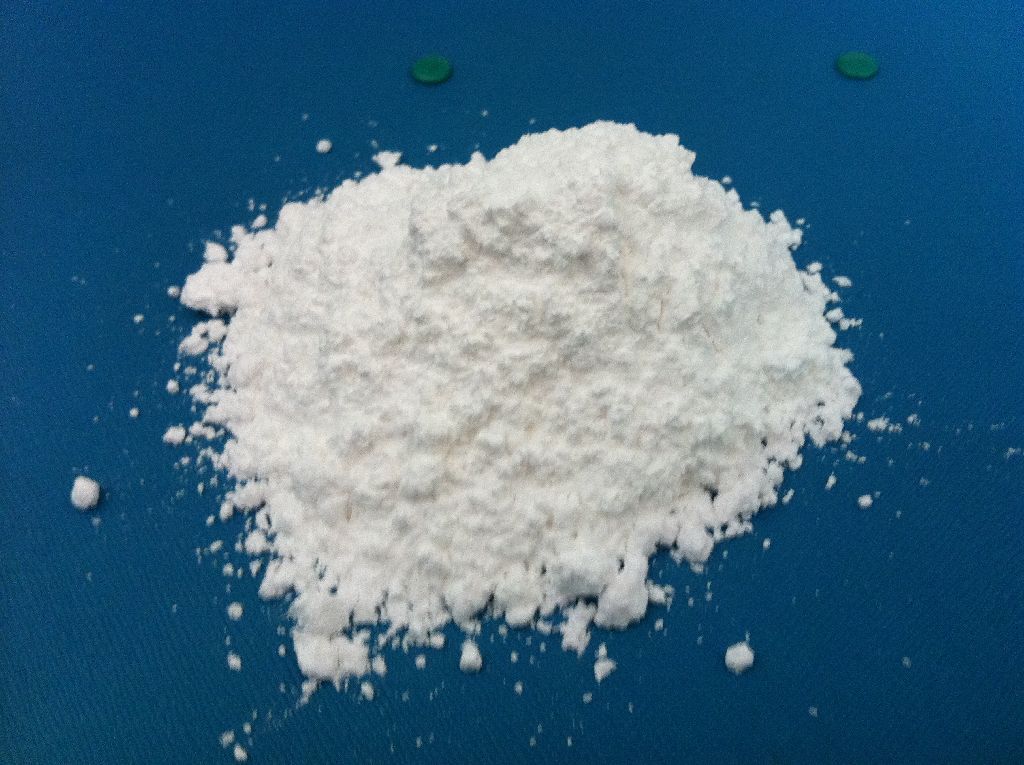Tricalcium phosphate (TCP) is a calcium salt of phosphoric acid with the chemical formula Ca3(PO4)2. It is a white, crystalline powder that is commonly used as a food additive, nutritional supplement, and in various industrial applications. Tricalcium phosphate is found naturally in several minerals, including apatite, but it can also be produced synthetically.
Chemical Properties and Structure:
Tricalcium phosphate is composed of three calcium cations (Ca2+) and two phosphate anions (PO43-). It has a molar mass of approximately 310.18 g/mol and a density of about 3.14 g/cm3. The compound is relatively stable and has a melting point of around 1670°C (3038°F).
Uses in Food and Beverages:
Tricalcium phosphate is approved by regulatory agencies, such as the U.S. Food and Drug Administration (FDA), as a safe food additive. It is commonly used as an anticaking agent, stabilizer, and pH adjuster in various food products. The compound is particularly prevalent in dairy products, baked goods, and beverages. In dairy production, tricalcium phosphate is often used to fortify milk and other dairy products with calcium, contributing to their nutritional value.
Nutritional Supplement:
Tricalcium phosphate is also used as a dietary supplement, primarily due to its high calcium content. Calcium is an essential mineral for maintaining healthy bones and teeth, as well as for proper nerve and muscle function. Therefore, tricalcium phosphate supplements are often marketed to individuals who require additional calcium intake, such as pregnant women, adolescents, and the elderly. These supplements come in different forms, including tablets, capsules, and powders, and are widely available over the counter.
Pharmaceutical Applications:
In the pharmaceutical industry, tricalcium phosphate is used as an excipient in medication formulations. Excipients are inactive substances that are added to medications to facilitate their production, enhance stability, or improve drug delivery. Tricalcium phosphate can act as a binder, diluent, or disintegrant in tablet formulations, allowing for proper compression, dissolution, and disintegration of the active ingredients.
Industrial Applications:
Tricalcium phosphate finds applications in various industrial sectors. One of its significant uses is in the production of fertilizers. Due to its high phosphorus content, tricalcium phosphate is a valuable ingredient in phosphate fertilizers, which are essential for promoting healthy plant growth and development. The compound can also be employed as a polishing agent in the ceramics industry, providing a smooth surface finish to ceramic products.
Medical and Dental Materials:
Tricalcium phosphate has biocompatible and osteoconductive properties, making it suitable for medical and dental applications. It can be utilized as a bone graft material in orthopedic surgery and dentistry. When used in bone grafting procedures, tricalcium phosphate provides a scaffold for new bone growth, eventually integrating with the patient’s natural bone tissue. Its porous structure allows for the infiltration of cells and promotes the regeneration of bone.
Safety Considerations:
Tricalcium phosphate is generally considered safe for consumption. It is non-toxic and has a low potential for causing adverse effects. However, excessive intake of tricalcium phosphate supplements or exposure to high levels of the compound through industrial processes may lead to complications. Some individuals may experience digestive discomfort or mild gastrointestinal symptoms when consuming large amounts of tricalcium phosphate. It is always advisable to follow the recommended dosage guidelines and consult a healthcare professional before starting any new dietary or supplementation regimen.
Conclusion:
Tricalcium phosphate is a versatile compound with various applications in the food, pharmaceutical, industrial, and medical fields. It is commonly used as a food additive, nutritional supplement, and bone graft material. With its high calcium and phosphorus content, tricalcium phosphate contributes to the nutritional value of food products and aids in bone health. As a supplement, it is widely available and marketed to individuals requiring additional calcium intake. Additionally, its biocompatible properties make it suitable for use in medical and dental procedures. While tricalcium phosphate is generally safe, it is essential to use it in moderation and follow recommended guidelines to ensure optimal health and well-being.

